
Find A Professional
More Items From Ergsy search
-

What is a dementia-friendly community?
Relevance: 100%
-

How is dementia diagnosed?
Relevance: 97%
-

Can dementia affect younger people?
Relevance: 92%
-

How does dementia progress over time?
Relevance: 87%
-

Early onset dementia | NHS
Relevance: 85%
-
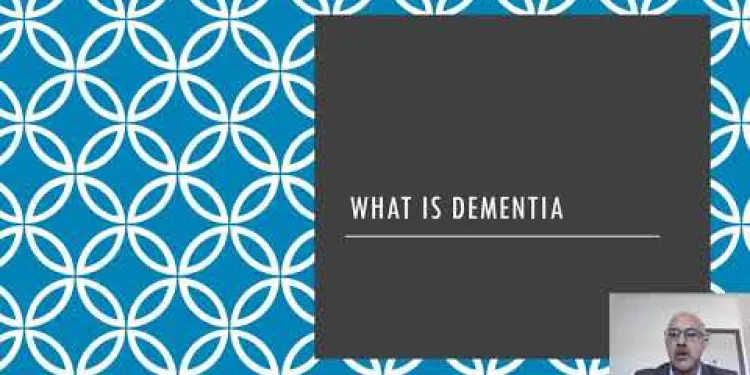
Dementia by Dr Alex Kakoullis, Coventry and Warwickshire Partnership NHS Trust
Relevance: 81%
-
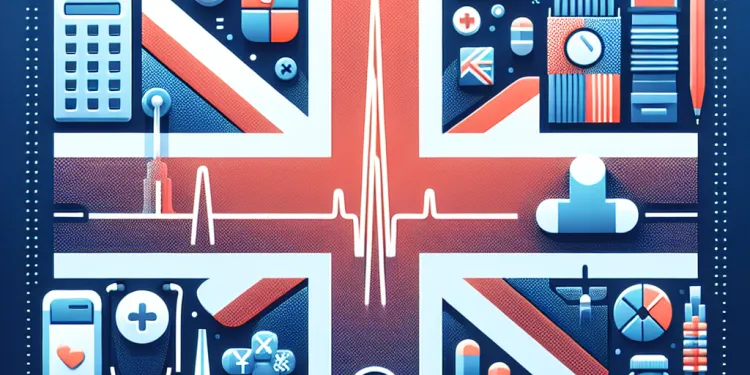
Is there a cure for dementia?
Relevance: 78%
-

Are there any support groups for people with dementia in the UK?
Relevance: 74%
-

How is autism diagnosed?
Relevance: 71%
-

Living with dementia | NHS
Relevance: 70%
-
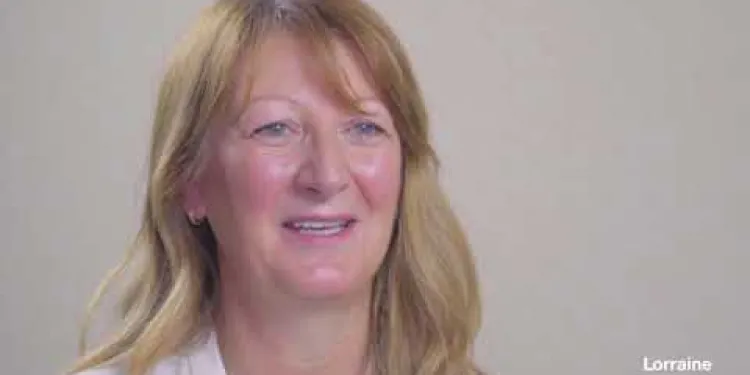
Getting help and support with frontotemporal dementia (FTD) (part 2/3)
Relevance: 66%
-

The role of care homes dedicated to caring for people living with dementia and memory loss
Relevance: 62%
-

How is psoriasis diagnosed?
Relevance: 60%
-

What role do carers play for those living with dementia?
Relevance: 59%
-
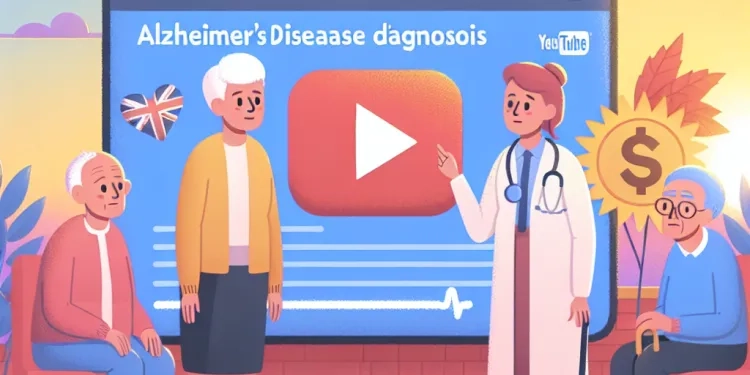
How is Alzheimer's disease diagnosed?
Relevance: 57%
-

Is autism more common in boys or girls?
Relevance: 53%
-

What is dementia?
Relevance: 52%
-

How is ADHD diagnosed?
Relevance: 52%
-

Dementia Care at Colten Care
Relevance: 49%
-

How is asthma diagnosed?
Relevance: 49%
-

How is lupus diagnosed in children?
Relevance: 49%
-
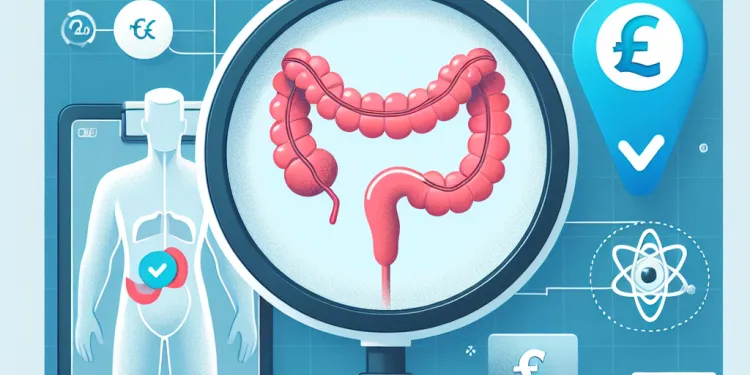
How is appendicitis diagnosed?
Relevance: 47%
-

Is ADHD more common in boys or girls?
Relevance: 46%
-

Is there an autism test?
Relevance: 45%
-
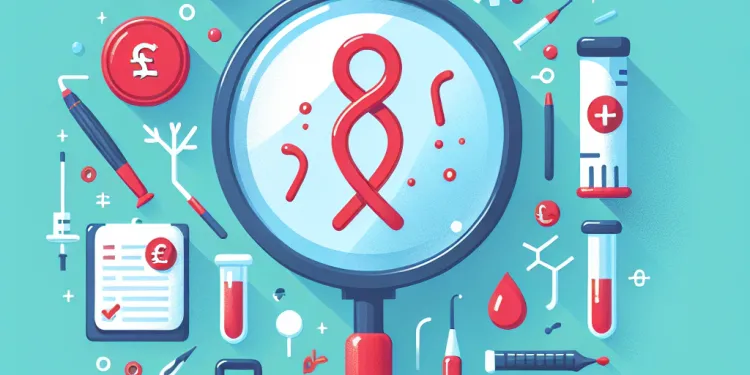
How is sickle cell disease diagnosed?
Relevance: 45%
-

How is Nipah Virus diagnosed?
Relevance: 44%
-
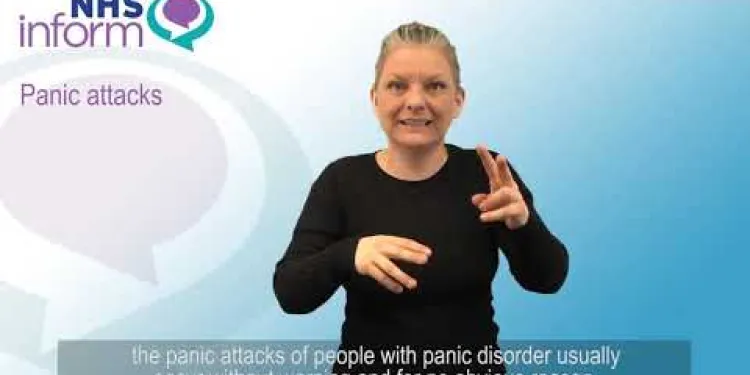
BSL - Diagnosis of panic disorder
Relevance: 44%
-
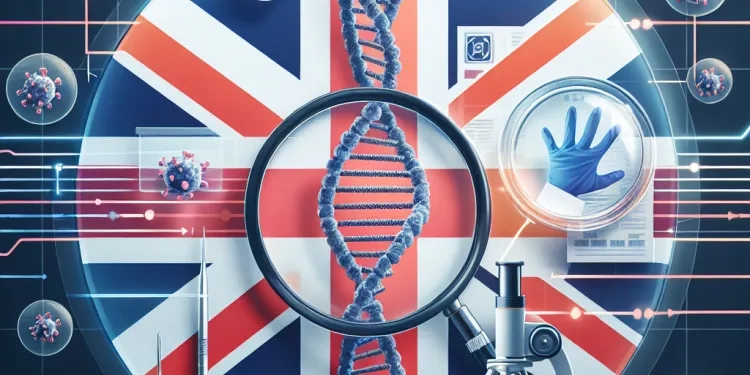
How is Marburg virus disease diagnosed?
Relevance: 43%
-
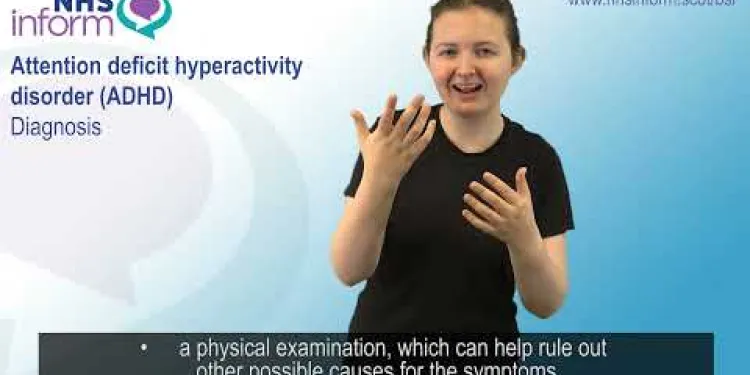
Attention deficit hyperactivity disorder (ADHD) - Diagnosis
Relevance: 42%
-

How is Carpal Tunnel Syndrome diagnosed?
Relevance: 42%
-
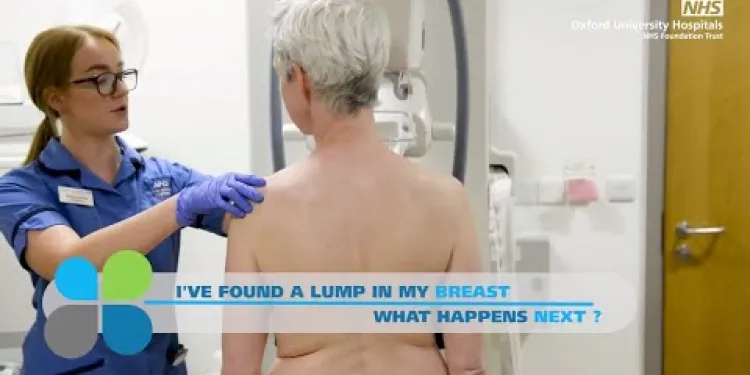
I've found a lump in my breast - What happens next? The breast diagnostic clinic
Relevance: 41%
-
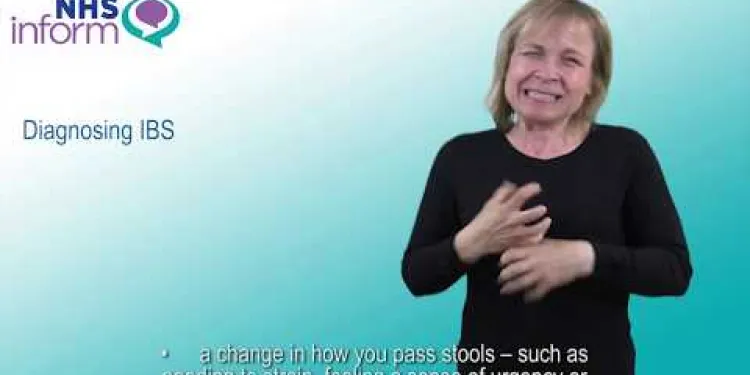
Diagnosing irritable bowel syndrome (IBS)
Relevance: 41%
-
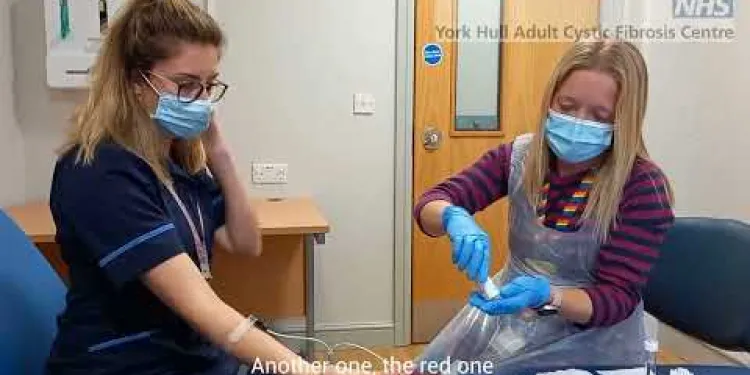
Sweat test | Diagnosing cystic fibrosis
Relevance: 39%
-
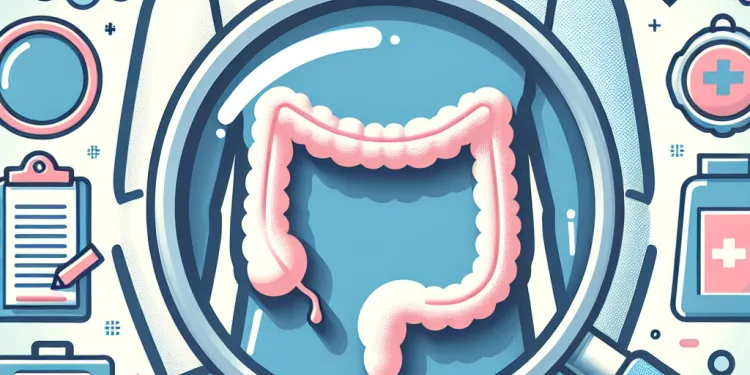
How is Crohn's disease diagnosed?
Relevance: 38%
-

How prevalent is autism?
Relevance: 38%
-

How is sleep apnea diagnosed?
Relevance: 37%
-
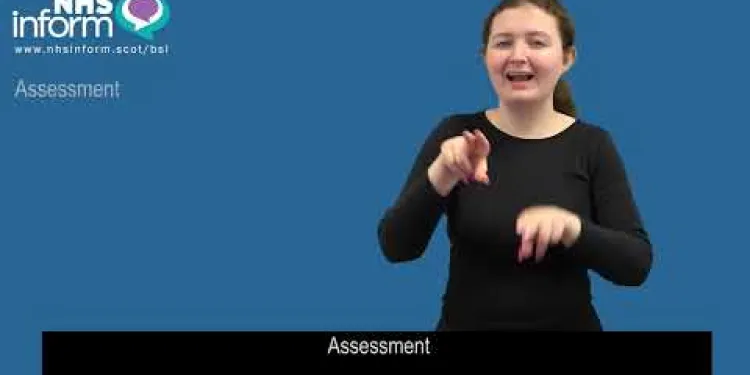
BSL - Diagnosis of obsessive compulsive disorder (OCD)
Relevance: 36%
-
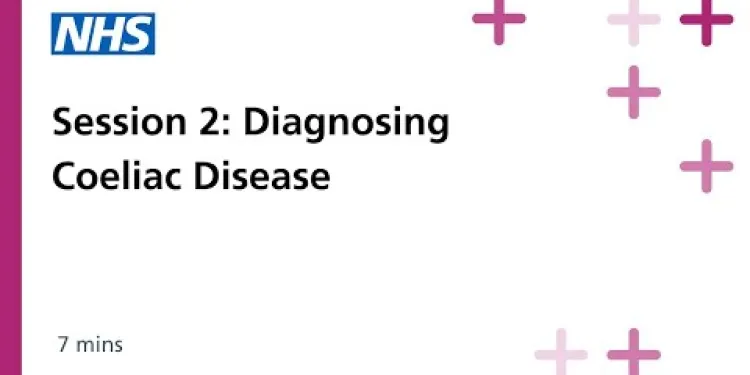
Diagnosing Coeliac Disease Updated 2021
Relevance: 35%
-

How is a nut allergy diagnosed?
Relevance: 34%
-

What is the difference between autism and Asperger's syndrome?
Relevance: 33%
Introduction
Dementia is a progressive neurological condition that affects memory, thinking, and behaviour. Diagnosing dementia can be complex due to the variety of symptoms and the overlap with other health conditions. Early and accurate diagnosis is crucial for effective management and planning of treatment. This guide explains how dementia is diagnosed, specifically within the UK healthcare system.
Initial Assessment
The diagnostic process typically starts with a visit to a General Practitioner (GP). Concerns about memory or cognitive function may be raised by the patient, family, or friends. The GP will take a thorough medical history and perform a basic physical examination. They may also ask questions about the patient's symptoms, daily life, and family history. Sometimes, the GP will request blood tests to rule out other conditions that could be causing similar symptoms, such as thyroid disorders or vitamin deficiencies.
Cognitive and Mental Status Tests
If dementia is suspected, the GP may administer initial cognitive tests. One commonly used test in the UK is the Mini-Mental State Examination (MMSE), which checks various mental skills, including memory, attention, language, and problem-solving. In some cases, more detailed neuropsychological testing may be required, which is usually done by a specialist.
Referral to Specialists
If cognitive tests indicate possible dementia, the GP will usually refer the patient to a specialist, often a neurologist, psychiatrist, or geriatrician, depending on the patient's symptoms and age. These specialists have more expertise in diagnosing and managing dementia and related disorders.
Imaging and Further Tests
Further assessments may include brain imaging to provide more information about the changes occurring in the brain. Common tests include Computerised Tomography (CT) scans or Magnetic Resonance Imaging (MRI), which help identify different types of dementia by highlighting brain atrophy, strokes, or other abnormalities. In some cases, a Positron Emission Tomography (PET) scan may be used to observe brain activity and changes.
Diagnosis and Care Plan
After all tests and assessments are completed, the specialist will review the results to determine a diagnosis. If dementia is diagnosed, they will discuss the type and stage of dementia with the patient and their family. Following diagnosis, a care plan will be developed to manage symptoms and plan for future needs. This plan may include medication, lifestyle changes, and support services.
Conclusion
Diagnosing dementia requires a comprehensive approach involving multiple assessments and specialist consultations. Understanding the process and available options in the UK can help patients and families prepare for the challenges of living with dementia. Early diagnosis not only aids in symptom management but also offers a chance to adjust and plan accordingly.
Introduction
Dementia is an illness that affects how the brain works. It can make it hard to remember things, think clearly, or behave the same way. It's important to find out early if someone has dementia, so they can get the right help. This guide tells you how dementia is found out in the UK.
Initial Check
The first step is to see a doctor called a General Practitioner or GP. If someone is worried about their memory or thinking, they should tell their GP. The GP will ask questions about how they feel, their daily life, and family illnesses. The GP might do a simple health check and ask for blood tests to check for other problems that might cause similar signs, like a thyroid issue or lack of vitamins.
Thinking Tests
If the GP thinks it might be dementia, they will do some tests on how the brain works. One test is called the Mini-Mental State Examination (MMSE). It checks memory, attention, language, and solving problems. Sometimes, more tests are needed, and a specialist like a neurologist will do them.
Seeing a Specialist
If the first tests show signs of dementia, the GP will send the person to a specialist doctor. This could be a neurologist, psychiatrist, or geriatrician. These doctors know more about dementia and how to help people with it.
Scans and More Tests
Specialists might use brain scans to see changes in the brain. Common scans are called CT or MRI scans. These scans help find out what type of dementia it might be. Sometimes, another scan called a PET scan is used to look at brain activity.
Finding Out and Planning
After all the tests, the specialist will decide if it is dementia and discuss it with the person and their family. They will talk about the type and stage of dementia. Then, they will make a plan to help manage life with dementia, which could include medicine and support services.
Conclusion
Finding out if someone has dementia takes a lot of steps, and several experts help in this process. Knowing what happens in the UK can help families get ready to deal with dementia. Finding out early means families can start planning and get the support they need.
Frequently Asked Questions
What is the first step in diagnosing dementia?
The first step is usually a thorough medical evaluation by a healthcare provider, which includes taking a detailed medical history and asking about changes in memory, behavior, and daily functioning.
Are cognitive tests used in dementia diagnosis?
Yes, cognitive tests are commonly used to assess memory, thinking, and problem-solving abilities.
Why is it important to rule out other conditions when diagnosing dementia?
It is important to rule out other conditions to ensure that symptoms are not caused by treatable problems such as nutritional deficiencies, thyroid issues, or depression.
Can brain imaging be used in the diagnosis of dementia?
Yes, brain imaging such as MRI or CT scans can be used to detect tumors, strokes, or brain shrinkage.
Why might a doctor order blood tests when diagnosing dementia?
Blood tests can help identify medical conditions that might cause symptoms similar to dementia, such as infections or hormonal imbalances.
What is a Mini-Mental State Examination (MMSE)?
The MMSE is a common test used to assess cognitive function and helps gauge memory, attention, language, and other mental skills.
How does a doctor assess a patient's ability to perform daily activities in dementia diagnosis?
Doctors may ask about the patient's ability to perform daily tasks and may also ask family members about any observed changes in functionality.
What role does family history play in diagnosing dementia?
Family history can help indicate if there is a genetic predisposition to dementia, particularly for early-onset forms.
Is there a single test that can confirm a dementia diagnosis?
No, there is no single test for dementia, and diagnosis is typically based on a combination of medical history, tests, and observations.
What specialists might be involved in diagnosing dementia?
Neurologists, geriatricians, and neuropsychologists may all be involved in diagnosing dementia.
Can a psychiatric evaluation be part of the dementia diagnosis process?
Yes, a psychiatric evaluation can help rule out conditions such as depression or anxiety that might mimic dementia symptoms.
Why is it important to diagnose dementia as early as possible?
Early diagnosis allows for better management of symptoms, planning for the future, and access to support and resources.
What is a neuropsychological test?
A neuropsychological test is a detailed assessment that looks at a variety of cognitive functions to help identify areas of impairment.
How long does it usually take to diagnose dementia?
The process can vary but often takes several weeks to months as comprehensive evaluations are conducted.
What role do lifestyle factors play in diagnosing dementia?
Doctors may consider lifestyle factors such as diet, exercise, and social activity levels, which can impact cognitive health.
Can genetic testing be used in diagnosing dementia?
Genetic testing may be used in specific cases, especially if there's a strong family history of dementia.
Do symptoms need to be present for a certain period before diagnosing dementia?
Yes, symptoms typically need to be present and progressively worsening over a period of at least six months before a diagnosis is made.
Can dementia be misdiagnosed?
Yes, misdiagnosis can occur, especially if symptoms are due to other conditions that mimic dementia.
What information can help a doctor make a more accurate dementia diagnosis?
Detailed accounts of symptoms and changes in behavior from both the patient and family members can be crucial for an accurate diagnosis.
What might a doctor ask during a dementia assessment?
A doctor might ask about memory issues, problem-solving abilities, mood changes, daily functioning, and any recent head injuries or major life events.
How do doctors start to find out if someone has dementia?
The first step is to see a doctor. The doctor will ask about your health and how you feel. They will want to know if you have noticed any changes in how you remember things, act, or do daily activities.
Do doctors use brain tests to check for dementia?
Yes, there are tests that help check how well you remember things, think, and solve problems.
Why do we need to check for other health problems before saying someone has dementia?
It is important to check for other health problems because sometimes they can look like dementia but are actually something else. By checking first, doctors can make sure the right problem is being treated. This also helps the person get the right care and support.
Tools like pictures, simple words, and help from others can make it easier to understand the process.
We need to make sure that other problems are not causing the symptoms. These could be things we can treat, like not getting enough vitamins, problems with the thyroid gland, or feeling very sad (depression).
Can pictures of the brain help find out if someone has dementia?
Doctors can use special machines to take pictures of your brain. These pictures can show changes in the brain that might mean dementia.
The pictures can help doctors decide if someone has dementia. But, doctors usually use other tests too, like asking questions and checking memory.
If you are worried about dementia, talk to a doctor. They can help and may use different tests, including brain pictures.
If reading is hard, you can ask someone to read with you or use apps that read text aloud. It’s okay to ask for help!
Yes, special pictures of the brain, like MRI or CT scans, can help doctors find things like tumors, stroke damage, or if the brain is getting smaller.
Why does a doctor ask for blood tests when checking for dementia?
Sometimes, doctors want to learn more about what is happening inside your body. Blood tests can help them see if something else is making you feel unwell. This way, they can understand if it is dementia or something else.
Tools that can help:
- Ask someone to explain the words you do not know.
- Use pictures to understand the information better.
Blood tests can help doctors find out if someone is sick in ways that might look like dementia. These could be things like infections or problems with hormones.
What is a Mini-Mental State Examination (MMSE)?
A Mini-Mental State Examination, or MMSE, is a short test. Doctors use it to check how well your brain is working.
This test helps doctors see if someone has problems with memory or thinking. It is like a quiz with simple questions.
You don’t need to study for it! Just do your best.
You can ask someone you trust to come with you to the test. They can help you feel calm.
Some people also find it helpful to wake up early and eat a good breakfast before the test.
The MMSE is a test that checks how well the brain is working. It looks at memory, attention, language, and other thinking skills.
How does a doctor see what a person with dementia can do every day?
A doctor checks how well a person can do daily things like getting dressed, eating, or using the bathroom.
The doctor might ask the person or their family questions. They may also watch the person do these activities.
Using pictures or simple words can help make these tasks easier to understand.
Families can write notes about what the person can do on their own or what they need help with.
Doctors might ask about what the patient can do every day. They may also talk to family members to see if they have noticed any changes.
How does your family history help doctors find out if someone has dementia?
Doctors look at your family's health to see if anyone else has had dementia. This can help them understand if you might have it too.
You can talk to your doctor about people in your family who have had memory problems.
It helps the doctor know what to look for and how to help you better.
Using pictures or drawing a family tree can help you share this information.
Knowing about family health can show if someone might get dementia because of their genes, especially if it starts early.
Can one test show if someone has dementia?
No, there isn't one test to find out if someone has dementia. Doctors use a mix of your medical history, some tests, and watching how you behave to figure it out.
If you have trouble reading, you can ask someone to read it out loud for you. Tools like reading apps or recordings can also be helpful.
Who helps find out if someone has dementia?
Finding out if someone has dementia can need help from different people. Here are some of the people who might help:
- Doctors: They listen to the patient and do tests to check memory and thinking.
- Special Nurses: They help with tests and give advice on care.
- Psychologists: These are experts who test how well a person thinks and remembers.
- Therapists: They can help with language and daily tasks.
Some helpful tools can be using pictures, simple language, and making lists to remember things better. These tools make it easier to understand what is happening.
Doctors and specialists help find out if someone has dementia. These doctors are:
- Brain doctors (called neurologists)
- Older people's doctors (called geriatricians)
- Mind doctors (called neuropsychologists)
They work together to help people with dementia.
Can a doctor check your mind to see if you have dementia?
Yes, a special doctor visit can help check if someone has depression or anxiety. These can look like dementia, but they are not the same.
Why should we find out about dementia early?
Finding out someone has dementia early is very important. It helps doctors give the best care. People can get treatments sooner. Families can plan and get support.
Here are some things that might help:
- Use pictures or drawings to explain.
- Use simple and short sentences.
- Repeat information if needed.
- Give examples to make it clear.
Finding out about a problem early helps you take care of symptoms, make plans, and get help and support.
What is a brain test?
A brain test checks how well your brain works. It looks at things like how you think, how you remember, and how you solve problems.
Tips to help:
- Break tasks into small steps.
- Use pictures to help understand.
- Ask someone to explain if you are unsure.
A neuropsychological test is a special test that checks how well a person thinks and learns. It helps find out which parts of thinking might be difficult for them.
How long does it take to find out if someone has dementia?
Finding out if someone has dementia can take time. Sometimes it takes a few weeks or months.
Doctors use special tests to help them know. They might ask questions and watch how the person behaves.
Having a friend or family member go to the doctor can help.
The process can be different for each person. It usually takes a few weeks or sometimes a few months. This is because we need to do many checks to make sure everything is right.
How do the way we live affect finding out about dementia?
Doctors look at how you live your life. They check things like what you eat, how much you move around, and how often you hang out with friends. All these things can affect how your brain works.
Can a DNA test help find out if someone has dementia?
Doctors might use special tests to look at your genes. This can happen if many people in your family have had dementia.
Do signs need to show for a while before saying someone has dementia?
People must have signs of dementia for some time before doctors say they have it.
If you or someone you know has memory problems or is confused, it's good to tell a doctor.
Tools like diaries or reminder apps can help track these signs.
Yes, symptoms usually need to be there and getting worse for at least six months before a doctor can say what it is.
Can doctors get dementia diagnosis wrong?
Yes, sometimes doctors can make a mistake when they say someone has dementia.
This might happen because other illnesses can look like dementia. For example, depression or a bad memory caused by stress.
If you think there is a mistake, ask for a second opinion. This means getting another doctor to check.
You can also talk to people you trust like family or friends. They can help you understand and make choices.
Yes, doctors can make mistakes when diagnosing. This can happen because other illnesses look like dementia.
What helps a doctor know if someone has dementia?
It is important for both the person who is sick and their family to talk about any symptoms or changes in behavior. This helps doctors figure out what is wrong.
What questions might a doctor ask to check for dementia?
Doctors talk to people to see how their brain is working. Here are some simple questions they might ask:
- What is your name and age?
- What day is it today?
- Can you remember a list of simple words?
- Can you follow simple instructions, like drawing a shape?
Doing things like writing notes, using alarms, or asking someone to help you remember things can be very useful.
The doctor might ask questions about:
- Forgetting things
- Solving problems
- Feeling sad or moody
- Doing everyday activities
- Any head injuries
- Big changes in your life
Here are some helpful tips:
- Make a list of things you have noticed
- Write down any questions you want to ask
- Bring someone with you to the appointment if you can
Useful Links
- Ergsy carfully checks the information in the videos we provide here.
- Videos shown by Youtube after a video has completed, have NOT been reviewed by ERGSY.
- To view, click the arrow in centre of video.
- Most of the videos you find here will have subtitles and/or closed captions available.
- You may need to turn these on, and choose your preferred language.
- Go to the video you'd like to watch.
- If closed captions (CC) are available, settings will be visible on the bottom right of the video player.
- To turn on Captions, click settings .
- To turn off Captions, click settings again.
More Items From Ergsy search
-

What is a dementia-friendly community?
Relevance: 100%
-

How is dementia diagnosed?
Relevance: 97%
-

Can dementia affect younger people?
Relevance: 92%
-

How does dementia progress over time?
Relevance: 87%
-

Early onset dementia | NHS
Relevance: 85%
-

Dementia by Dr Alex Kakoullis, Coventry and Warwickshire Partnership NHS Trust
Relevance: 81%
-

Is there a cure for dementia?
Relevance: 78%
-

Are there any support groups for people with dementia in the UK?
Relevance: 74%
-

How is autism diagnosed?
Relevance: 71%
-

Living with dementia | NHS
Relevance: 70%
-

Getting help and support with frontotemporal dementia (FTD) (part 2/3)
Relevance: 66%
-

The role of care homes dedicated to caring for people living with dementia and memory loss
Relevance: 62%
-

How is psoriasis diagnosed?
Relevance: 60%
-

What role do carers play for those living with dementia?
Relevance: 59%
-

How is Alzheimer's disease diagnosed?
Relevance: 57%
-

Is autism more common in boys or girls?
Relevance: 53%
-

What is dementia?
Relevance: 52%
-

How is ADHD diagnosed?
Relevance: 52%
-

Dementia Care at Colten Care
Relevance: 49%
-

How is asthma diagnosed?
Relevance: 49%
-

How is lupus diagnosed in children?
Relevance: 49%
-

How is appendicitis diagnosed?
Relevance: 47%
-

Is ADHD more common in boys or girls?
Relevance: 46%
-

Is there an autism test?
Relevance: 45%
-

How is sickle cell disease diagnosed?
Relevance: 45%
-

How is Nipah Virus diagnosed?
Relevance: 44%
-

BSL - Diagnosis of panic disorder
Relevance: 44%
-

How is Marburg virus disease diagnosed?
Relevance: 43%
-

Attention deficit hyperactivity disorder (ADHD) - Diagnosis
Relevance: 42%
-

How is Carpal Tunnel Syndrome diagnosed?
Relevance: 42%
-

I've found a lump in my breast - What happens next? The breast diagnostic clinic
Relevance: 41%
-

Diagnosing irritable bowel syndrome (IBS)
Relevance: 41%
-

Sweat test | Diagnosing cystic fibrosis
Relevance: 39%
-

How is Crohn's disease diagnosed?
Relevance: 38%
-

How prevalent is autism?
Relevance: 38%
-

How is sleep apnea diagnosed?
Relevance: 37%
-

BSL - Diagnosis of obsessive compulsive disorder (OCD)
Relevance: 36%
-

Diagnosing Coeliac Disease Updated 2021
Relevance: 35%
-

How is a nut allergy diagnosed?
Relevance: 34%
-

What is the difference between autism and Asperger's syndrome?
Relevance: 33%